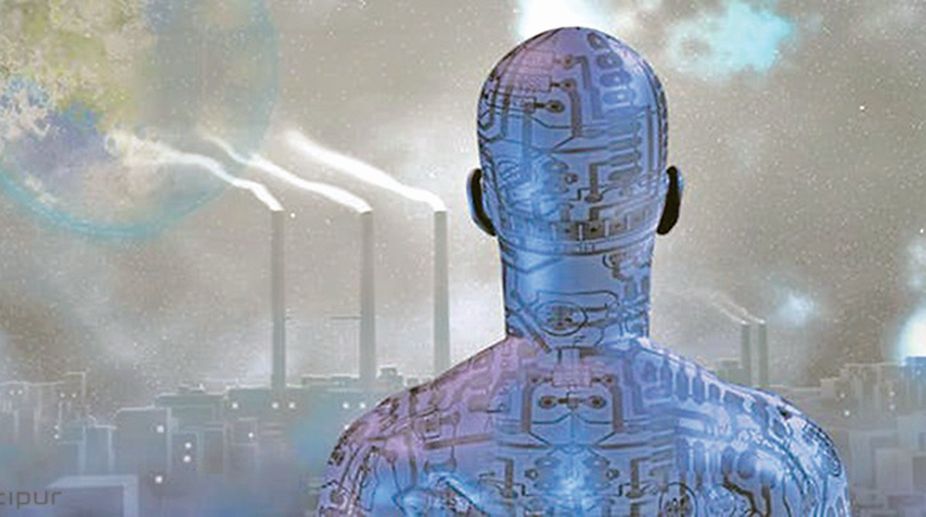Recently, I have been listening to my dad a lot; he happens to be a great fan of physicist and futurist Michio Kaku. After hours of discussion, I constantly get reminded of an essay that I studied while in school.
The essay is titled ‘Time and Machine’ and is written by Isaac Asimov. In the essay, Asimov predicts that in the future, humans will become slaves to machines.
Another futurist, Alvin Toffler, also talked about the future along the same lines. Recent discoveries in science and technology also point to what may be a grim future for human kind.
The recent development of sex robots is one example of robots mingling with the physical side of humans. In the days ahead, people might just buy sex robots instead of seeking pleasure from other humans.
It is also very likely that in the future, humankind will only talk through virtual means. Look at children today, and one will notice that the best way to keep them quiet is to give them a mobile phone or some similar sort of electronic device.
The only sports that children play these days are on their mobile phones or tablets. If this is what it is like today, how can we envisage the future to be like?
Last year, I found out that a robot had replaced television news reporters in China. We continuously hear stories of robots replacing humans in large factories. There are some positive aspects of robotic technology, too.
For example, NASA is planning to infest the red planet, Mars, with millions of nanorobots who can be used to make the planet habitable for us. Similarly, doctors in the UK carry out virtual operations through robotic hands in Israel.
There was another story on the BBC about nanorobots being injected into the human body to cure certain diseases — even cancer! Nanorobots will travel through the human body to detect cells that are cancerous and destroy them to effectively cure humans.
Although there are a lot of positives arising from robotic technology or artificial intelligence (AI), the downside is that it will eventually mean that humans will have very little to do. Moreover, if such a trend persists, what will humans actually do?
There is no doubt that technology will be used massively in different sectors. For example, in the education sector, teachers will become obsolete in the near future as robots will replace them.
Robots will be far more efficient than humans because they do not require to take a rest and can deliver any lesson without prior preparation. Taking a step even further may actually enable humans to learn things simply by inserting a chip into their body that carries all the information about one particular subject.
If so, what will happen to PhD scholars who will have spent countless years focusing on one research topic only to find out that they will be replaced by a robot who can instantly acquire as much if not more knowledge than them?
The hospitality industry is another place where robots could take over. Big hotel chains will use robots to cook with the skill and flair of a chef. The hotel owners will not even have to worry about paying wages to the robots unlike human cooks. Where will trained chefs go?
One of the possible uses of robots could be in space exploration projects or projects that humans cannot actively participate in due to physical restrictions.
For example, robots could be sent into the outer cosmos as in the Voyager I and Voyager II missions, and they could be used to discover forms of extra-terrestrial lives.
This is very important as the late Stephen Hawking has warned that in the next 100 years, humankind has to find an alternative to planet earth for long-term survival. Robots could be our tool to enable us to find another suitable home, and possibly prevent our extinction.
Another possible use of robots is to carry out automated tasks. However, we as humans should always ensure that we are always in control of our own technology.
Technology can be a boon, but it can be a curse too if not used with caution. We have had instances in the past where our own technology has failed us. An example of technology failing us was during the year 2000 where the Y2K problem, a computer bug, halted the world’s most powerful systems.
Try imagining a situation where robots working in surgical wards stop working due to some sort of bug. What will happen to the patient? Therefore, humans should always be in charge of the overall system irrespective of how efficient robots are.
The future is interesting and equally dangerous in terms of technological advancements. If we do not exercise some degree of caution, Isaac Asimov’s view of humans becoming slaves to machines might actually come true.
The Kathmandu Post/ANN.











